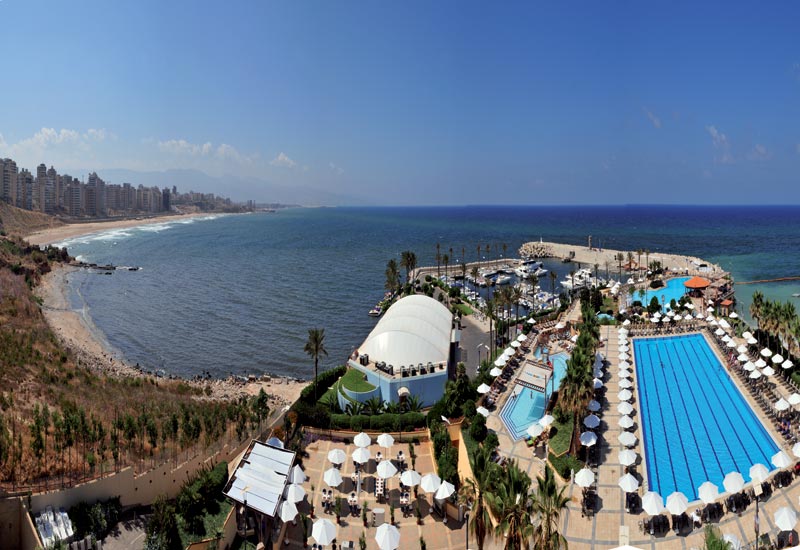Lebanon is struggling to emerge from years of political turmoil. Ongoing instability continues to beleaguer hoteliers and suppliers alike, but there is now hope on the horizon, says Laura Warne.
With its rich history, vibrant night life, beautiful scenery and quality hotels, Lebanon has the makings of the perfect tourist destination.
However, the country, including its capital Beirut — the ‘Paris of the Middle East’ — has been crippled by civil war and political instability.

Advertisement
Although the Lebanese Civil War ended in 1990, clashes in 2006 and 2007 sent the country back to square one. The lack of a solid government has since put development plans on hold for many hoteliers. The news is not all bad, however. Lebanon is one of the few countries in the world that has not been severely affected by the global credit crunch.
In 2008, Beirut achieved the fastest revPAR growth in the world — up 102.2% to US $95, according to a report by Deloitte. It presents the city as an “illustration of how tourism is damaged by political conflicts”. However, the report acknowledges that Beirut saw “strong growth over the past year as it recovered from security clashes of 2006 and 2007”.
While the majority of world markets are slowing and unable to escape the pressure of the financial downturn, Lebanon has been largely untouched by global economic issues. Business tourism in particular has remained strong, especially when compared to other destinations.
For hoteliers, there is a chance to capitalise on this strong inbound business tourism market. After all, Monroe Hotel Beirut general manager Ghassan Naaman says that business travellers dominate the Lebanese market for 10 months of the year.
Fast Forward
As Mövenpick Hotel and Resort Beirut general manager Alain Chatel puts it, “the Lebanese market has been sleeping for the last three years and is now waking up very quickly”.
However, he explains that the country is still in a state of uncertainty and is subject to many internal challenges that affect hoteliers.
“Parliamentary elections are scheduled for June 2009; the outcome remains ambiguous and the political stability pre-, during- and post-elections remains unclear,” says Chatel.
“This makes it very difficult to predict business flow and to plan investment in the second quarter of 2009.”
Naaman agrees that developing a thorough business or marketing plan is “impossible” in the current climate. He adds that competition and a lack of infrastructure also hinder growth.
“The roads are overloaded with cars and traffic problems that prevent the sales team from delivering 100% productivity,” says Naaman.
“The market is strong and growing. Nevertheless, competition between hotels is unethical as they are fighting amongst each other to get business by cutting rates to unacceptable levels.”
Naaman says new properties such as the Hilton, Four Seasons and Hyatt Regency are being developed at a slow pace, with owners waiting for a more stable time to launch.









 Search our database of more than 2,700 industry companies
Search our database of more than 2,700 industry companies









